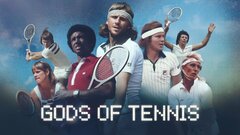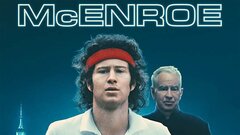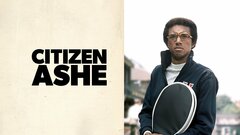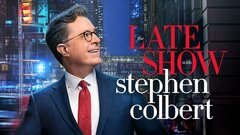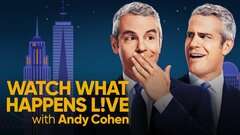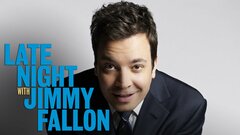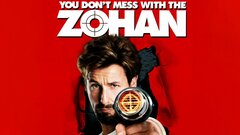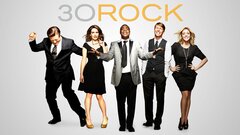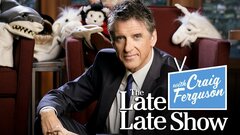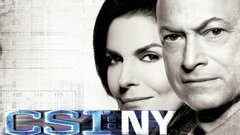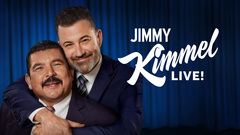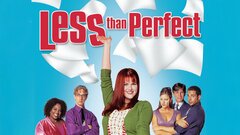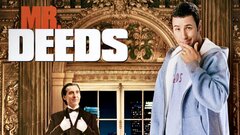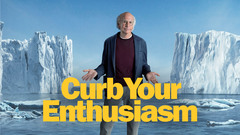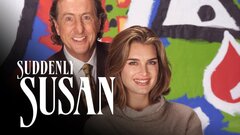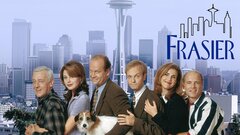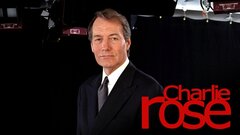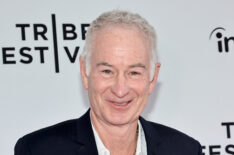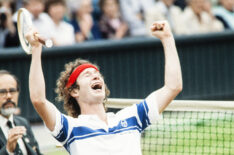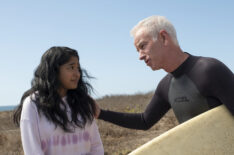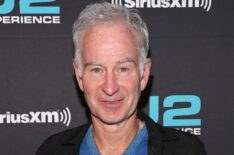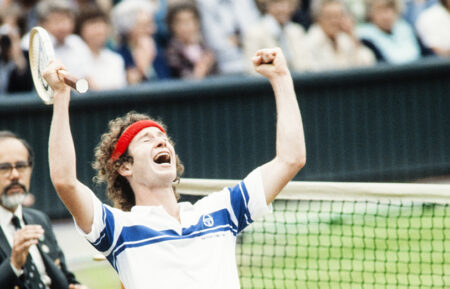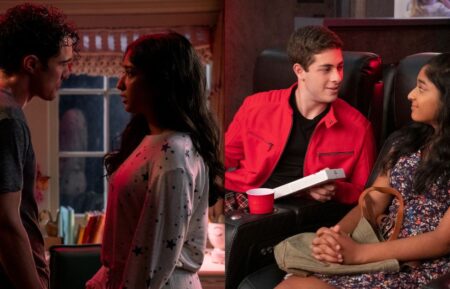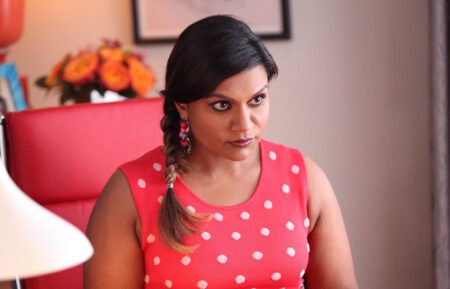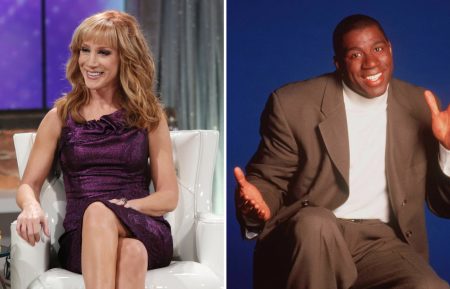A titanic figure on the world tennis scene in the 1970s and early 1980s, John McEnroe was also one of the game's most polarizing players, alienating as many fans with his on-court behavior as he won over with his storied roster of championship titles. A left-handed player with unerring accuracy and extraordinary skills at serve and volley, McEnroe was ranked first in the world by the Association of Tennis Professions (ATP) from 1981 to 1984.
He won 77 career singles titles over the course of his 16-year career, ranking behind only longtime foes Jimmy Connors and Ivan Lendl. McEnroe also laid claim to 17 Grand Slam titles in men's and mixed doubles and five Davis Cups for the U.S. Team, which he briefly led in 1999. But his athletic prowess was frequently overshadowed by a volcanic temper that frequently erupted in gales of vitriol against court officials and umpires, resulting in thousands of dollars in fines and ceaseless criticism from the media and even fellow players.
The relentless scrutiny had a dampening effect on McEnroe's career, forcing him into a self-imposed exile in 1986; after marrying actress Tatum O'Neal that same year, he resurfaced with his anger intact but his game lacking in its former power. He retired in 1992 but remained in demand as both a commentator for televised tennis matches and an advertising spokesman, where he gleefully skewered his own legacy as one of the most ferocious figures - in both talent and temperament - in professional sports history.
He was born John Patrick McEnroe, Jr., on February 16, 1959 in Wiesbaden, West Germany, where his father, John Patrick McEnroe, Sr., was stationed while serving in the United States Air Force. Less than a year later, McEnroe Sr., his wife Kay and their new son moved to Douglastown, an upper class community in the New York City borough of Queens, where McEnroe's two brothers, Mark and fellow future professional tennis player Patrick, were born in 1964 and 1966, respectively. All three boys began playing tennis in their pre-teen years at the Douglastown country club, where McEnroe began to show an inkling of his future talent.
After graduating from Manhattan's Trinity High School in 1977, McEnroe honed his skills at the Port Washington Tennis Academy in Long Island, New York and won the mixed doubles competition with childhood friend Mary Carillo at the French Open that same year. The 18-year-old McEnroe then qualified for Wimbledon, where he became the youngest player to reach the semifinals. Despite his defeat by Jimmy Connors, McEnroe's performance at Wimbledon established him as a force to reckon with in the professional tennis world.
After capturing the National Collegiate Athletic Association's singles and team tennis titles for Stanford University in 1978, McEnroe turned professional, joining the ATP tour and collecting a slew of major competition titles. He won his first Masters Grand Prix against Arthur Ashe in 1978 before becoming the youngest winner of the U.S. Open in more than three decades by defeating his longtime friend Vitas Gerulaitis the following year while he was still only 20 years old. But it was a series of high-intensity battles against two of the most formidable players of his era - Björn Borg and Jimmy Connors - that cemented his status as one of the most accomplished and controversial tennis athletes in the sport's history. After defeating Connors in the semifinals for the 1980 Wimbledon's Men's Singles, he dueled with Borg to a near-standstill, forcing a 20-minute, fourth-set tiebreaker before losing in the fifth set of a match later hailed as the greatest Wimbledon final of the century and one of the three or four finest moments in sports history. Despite his near-overnight ascent to tennis stardom, it was McEnroe's behavior on the court and not his performance that earned the lion's share of the press.
McEnroe displayed enormous antipathy towards Wimbledon officials, loudly lambasting umpires and tournament referees in ceaseless verbal tirades that earned him substantial penalty fees, as well as the enmity of the All England Club, the private club at Wimbledon that refused to grant McEnroe its traditional offer of membership to singles champions after their first victory. The British press spared him no quarter, dubbing him "Superbrat," while UK comics parodied his explosive temper on television and even parody records. But the abundance of negative press only spurred McEnroe to greater wins in the first half of the 1980s. He trounced Borg a second time at the 1981 U.S. Open, which placed McEnroe in the history books once again as the first male player since the 1920s to claim three consecutive U.S. Open titles.
After losing to Jimmy Connors in another sudden death fourth-set tiebreak in 1982, he returned the following year to decimate Chris Lewis and Ivan Lendl at both the World Championship Tennis finals and Masters Grand Prix in 1983. The following year was both the high water mark and the lowest point of McEnroe's professional career, with near-perfect sets against Connors at Wimbledon, WCT and the U.S. Open, a third Masters Grand Prix win and inclusion on the winning U.S. World Cup and Davis Cup teams, all of which contributed to a stellar 82-3 record. But the triumphs were offset by an ugly on-court argument in 1984 with a chair umpire in Stockholm that pushed him over the sport's $7,500 fine cap, earning him a 21-day suspension. McEnroe was also crushed by his loss to Lendl at the French Open that year, which he later cited as his most painful defeat. These setbacks, combined with intense criticism from the press, contributed to McEnroe's sabbatical from the game in 1986. During this six-month period, he married his longtime girlfriend, Oscar-winning actress Tatum O'Neal, with whom he had three children between 1986 and 1991. The time away from the game appeared to have a deleterious effect on McEnroe's career. In 1987, he failed to win a title for the first time in nearly a decade, and soon returned to his self-imposed exile after a two-month suspension and $17,500 fine for verbal abuse at the U.S. Open. Drug abuse, which had upended his wife's promising career, was cited as the catalyst for his career descent, and while McEnroe admitted to cocaine consumption, he hotly denied any rumors of rampant abuse.
There were occasional returns to form, most notably wins against Michael Chang at the French Open in 1988 and Lendl at the 1989 World Championship Tennis finals. But an embarrassing tirade at the 1990 Australian Open that resulted in his ejection from the game seemed to signal to the world that McEnroe's career had reached its apex. He ended his lengthy reign with men's doubles titles at Wimbledon and the Davis Cup before announcing his retirement from the professional circuit in 1992. That same year, he separated from O'Neal, whom he divorced in 1994, and began a relationship with Patty Smyth, singer for the rock band Scandal, which appeared to spark an interest in his own music career.
McEnroe led his own group, the Johnny Smyth Band, for several years, but in typically mercurial fashion, ended the group shortly before completing their first album. After marrying Smyth in 1997, he returned to tennis as a television commentator, earning the same degree of praise and brickbats for his unfiltered observations that he had received as a player. He briefly served as the U.S. Davis Cup captain in 1999 before quitting over frustrations with the competition's schedule, shortly before his induction into the International Tennis Hall of Fame that same year. McEnroe then returned to television, where he shrewdly parlayed his newfound fame into a series of high-profile stints as an advertising spokesman and occasional actor, playing versions of himself in "Wimbledon" (2004), "30 Rock" (NBC, 2006-2013) and "You Don't Mess With the Zohan" (2008).
He also returned to the court as part of the ATP Champions Tour, which pitted him against many of his former rivals, including Connors and Borg. Less successful were his stints as a talk and game show host: his debut in the former role, MSNBC's "McEnroe" (2004), was dismissed by viewers and critics alike, while his debut as a quiz host on "The Chair" (ABC, 2002) was similarly short-lived.


